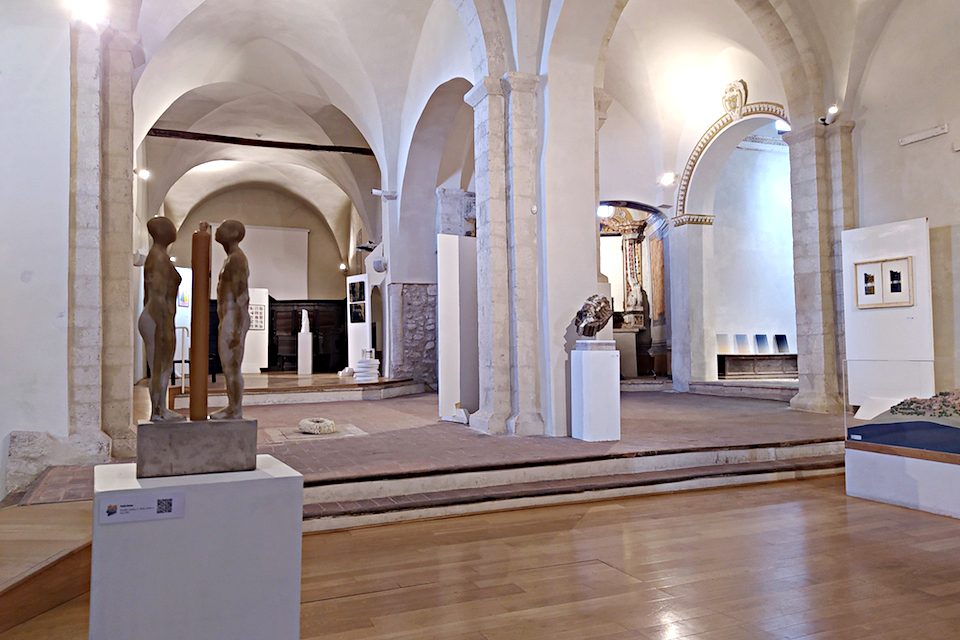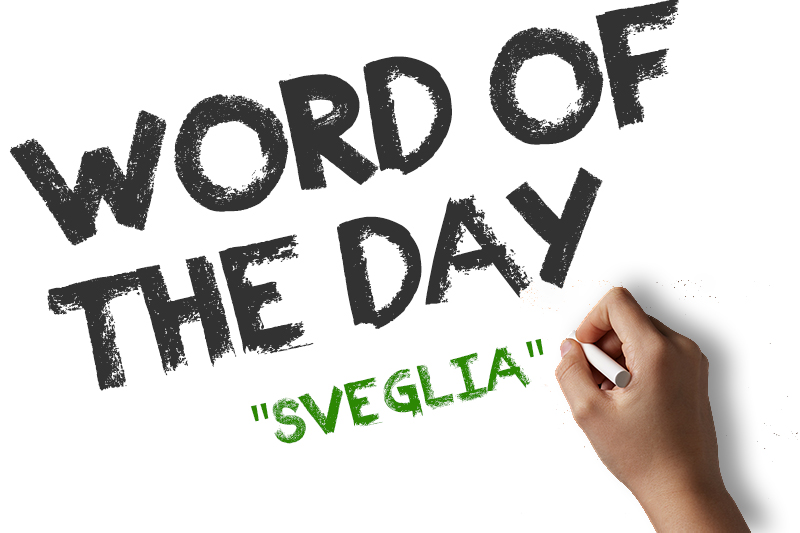Staff
Once upon a time, a whole 13th century village disappeared under water, but if you bring yourself on a lake’s shores at the right time, you can still see it. No, it’s not the beginning of a fantasy tale, nor …
The Roman Empire is often associated with the most glorious moment in the history of the Italian peninsula, but are we, modern-day Italians, the genetic descendants of the old inhabitants of the Eternal City? A short disclaimer before delving deeper …
La gara delle gare. Ogni disciplina sportiva è spettacolare e se è vero che, nel medagliere olimpico, tutti gli ori hanno lo stesso peso, non si può nascondere come ci siano competizioni dotate di un fascino peculiare, con un valore …
A Sermoneta, in provincia di Latina, il 25 e 26 settembre 2021 sarà inaugurata la II edizione del Festival del Tempo, con la direzione artistica di Roberta Melasecca, il primo Festival in Italia dedicato al Tempo, che fino al 30 …
If you are a musician or an opera fanatic, you are bound to know some Italian, as our beautiful language is regarded as the language of music across the world. You only need to pick up any score to understand …
You’re 15, it’s 7 in the morning and time to wake up to go to school: your mother opens your bedroom door shouting “wake up!” If you were in Italy, you’d hear “sveglia!”(sveh-llee-ah), which of course means “wake up,” as …
Resteranno i 13 minuti d’oro, indimenticabili per qualsiasi appassionato di atletica, per ogni sportivo, per tutti gli italiani. Tra le 14.40 e le 14.53 (ora italiana) dell’1 agosto 2021, la storia dell’atletica azzurra è cambiata per sempre: in rapida successione …
Realizzata con il sostegno del Comune di Ulassai, della Regione Autonoma della Sardegna e della Fondazione di Sardegna, Di Terra e di cielo si articola in due percorsi espositivi: uno si sviluppa dentro gli spazi del CAMUC e l’altro all’esterno, tra le …
Italia campione d’Europa! How couldn’t we mention such an awesome success for our soccer national team, especially when it gives us the opportunity to talk about an interesting word? Campione (plural campioni, cahm-peeoh-nee) means “champion” or “winner” and who doesn’t …
This week’s word, rovente (roh-vehn-tai), comes from the Latin rubenten, or “reddish.” However, we don’t quite use it for red stuff, but rather for what’s very, very hot. Non toccare la padella, è rovente! (“Don’t touch that pan, it’s very …










